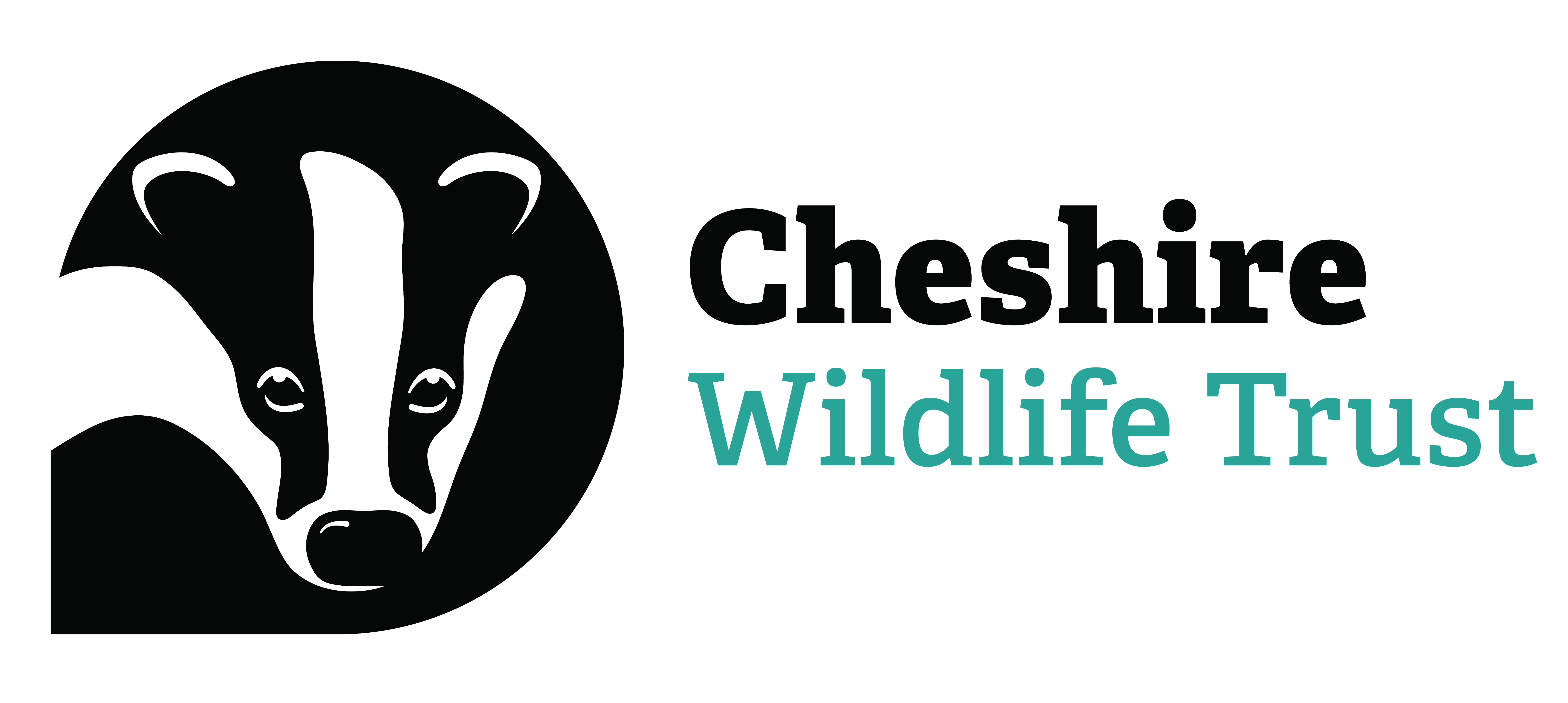These increased rates are not ambitious enough and it raises serious questions as to whether we’ll see any better environmental outcomes from Environmental Land Management Schemes (ELMs) as we move away from the Common Agricultural Policy.
Our food security’s dependence on nature and a stable climate was in the spotlight at last week’s Oxford Real Farming Conference, particularly in the light of the announcement by farming minister, Mark Spencer: Government to pay more to farmers who protect and enhance the environment. The timing is apt as 2022 has been declared the warmest year ever in the UK by the Met Office, and 2023 has begun with a record-breaking warm winter temperatures across Europe.
Cheshire Wildlife Trust is leading on a Landscape Recovery Tests and Trials project, engaging with tenant farmers on the Cholmondeley Estate. The project explores how the Trust can deliver nature recovery within the farmed environment. One of the main objectives is to assess what payment rates in future schemes would need to be in order to incentivise participation. After speaking to the dairy farmers in the project, there was a clear consensus that current payment rates in environmental schemes made it difficult for them to financially justify participating in them.
Whilst discussing payment rates, Neil Willis a farmer in Cheshire said: “Our livelihoods depend on good soil structure and all the other things nature provides that we need. The problem with the way that environmental land management is currently funded is that it gives you the impression that there is a conflict between the two. My view is that there shouldn’t be a conflict. Focussing on enhancing our good practice is how I would prefer to look at it.”
The Wildlife Trusts want to see the nature and climate crises urgently addressed by:
Strengthening, not weakening, the new Environmental Land Management (ELM) schemes. Today’s ministerial announcement is weak, highlighting the Government’s lack of ambition for these schemes – and it will have adverse effects on the more ambitious elements of ELM. It will mean more of the funding will pay farmers for only the most basic good practice, rather than rewarding them for delivering real public benefits. This is counter-productive as farmers need to tackle climate change and the nature crisis for the sake of their own businesses as much as for benefitting the wider public that pays them.
Dramatically reduce the reliance on damaging pesticides, ensuring that integrated pest management becomes mainstream for farmers. The Government is currently deciding whether to approve the use of banned pesticides, neonicotinoids, for the third year running. The Wildlife Trusts and other organisations such as Freshwater Habitats Trust and Institute of Fisheries Management have written to the Secretary of State, Therese Coffey, urging her to stand by the target agreed at COP15 to halve the harm caused by pesticides by 2030 – and to respect the advice of the Government’s own experts by upholding the ban on the use of toxic pesticides. See the joint letter to the Secretary of State here.
Speeding up support for farmers to take ambitious action for nature and climate now. With just 7 years left for the Government to deliver its legally binding target Environment Act target to halt nature declines, to realise its promise to protect 30% of land and sea for nature, and to achieve the UK’s international biodiversity and climate objectives, the Government must take urgent action to ensure that farmers play a major role in recovery plans.
